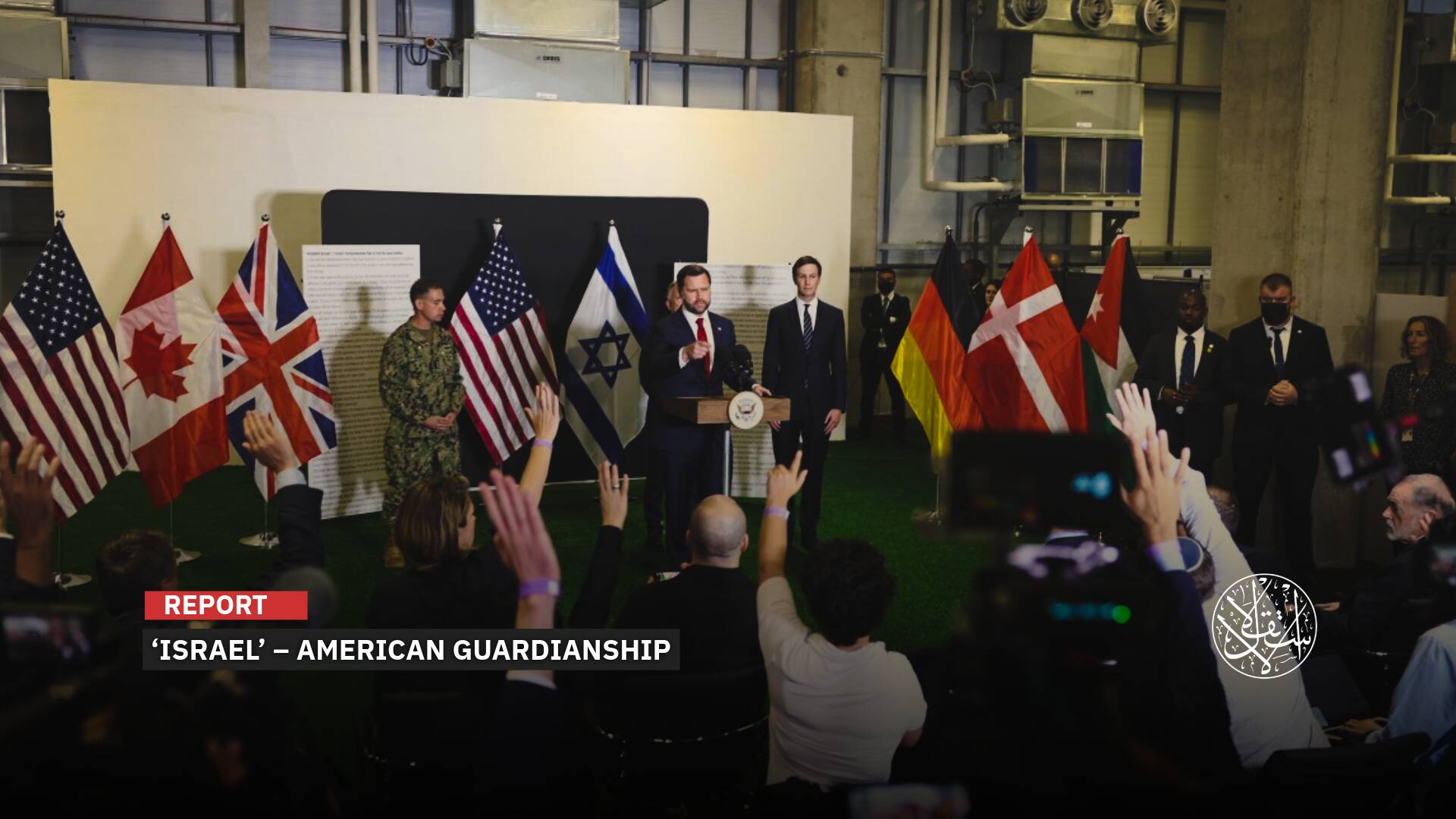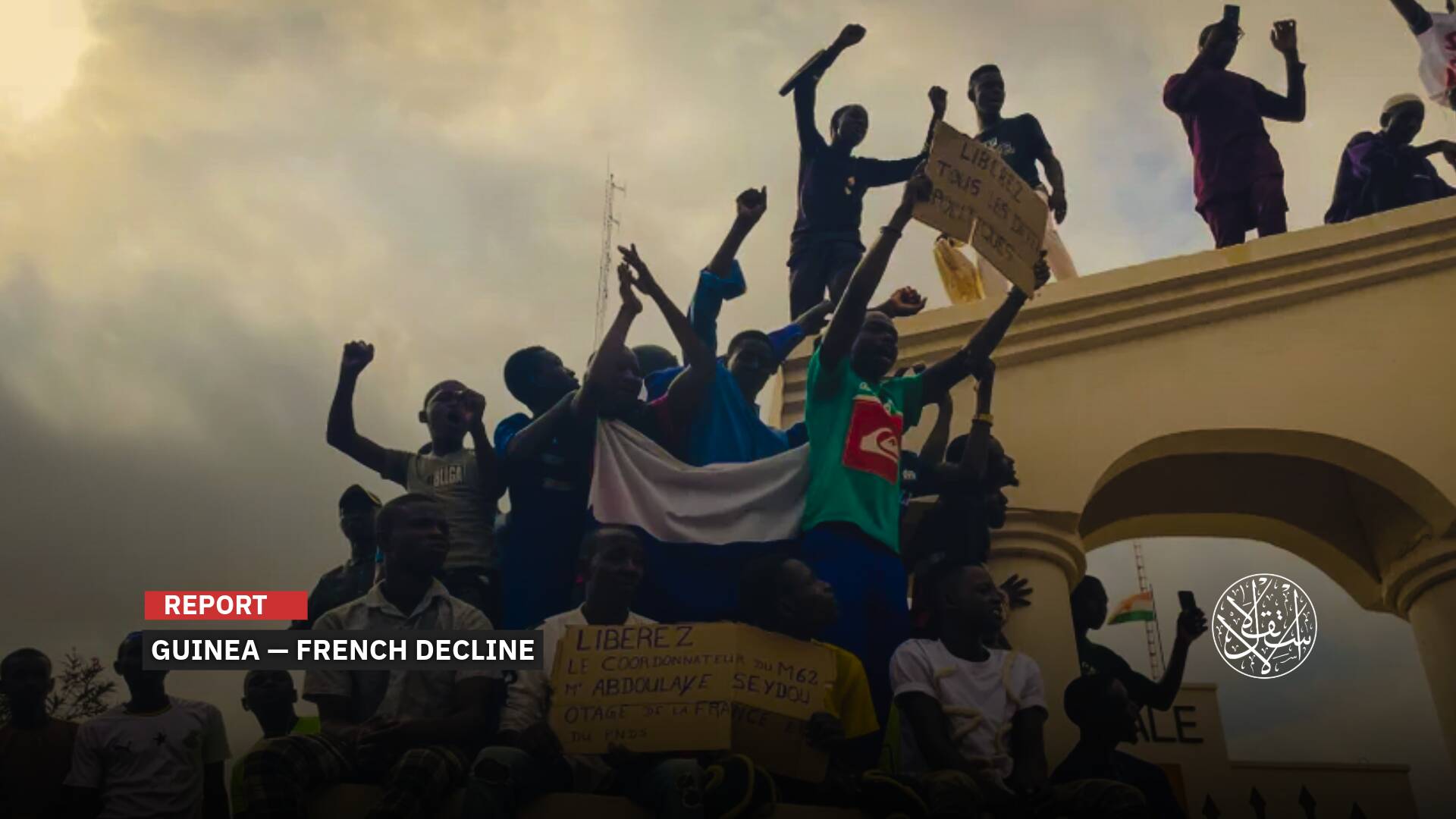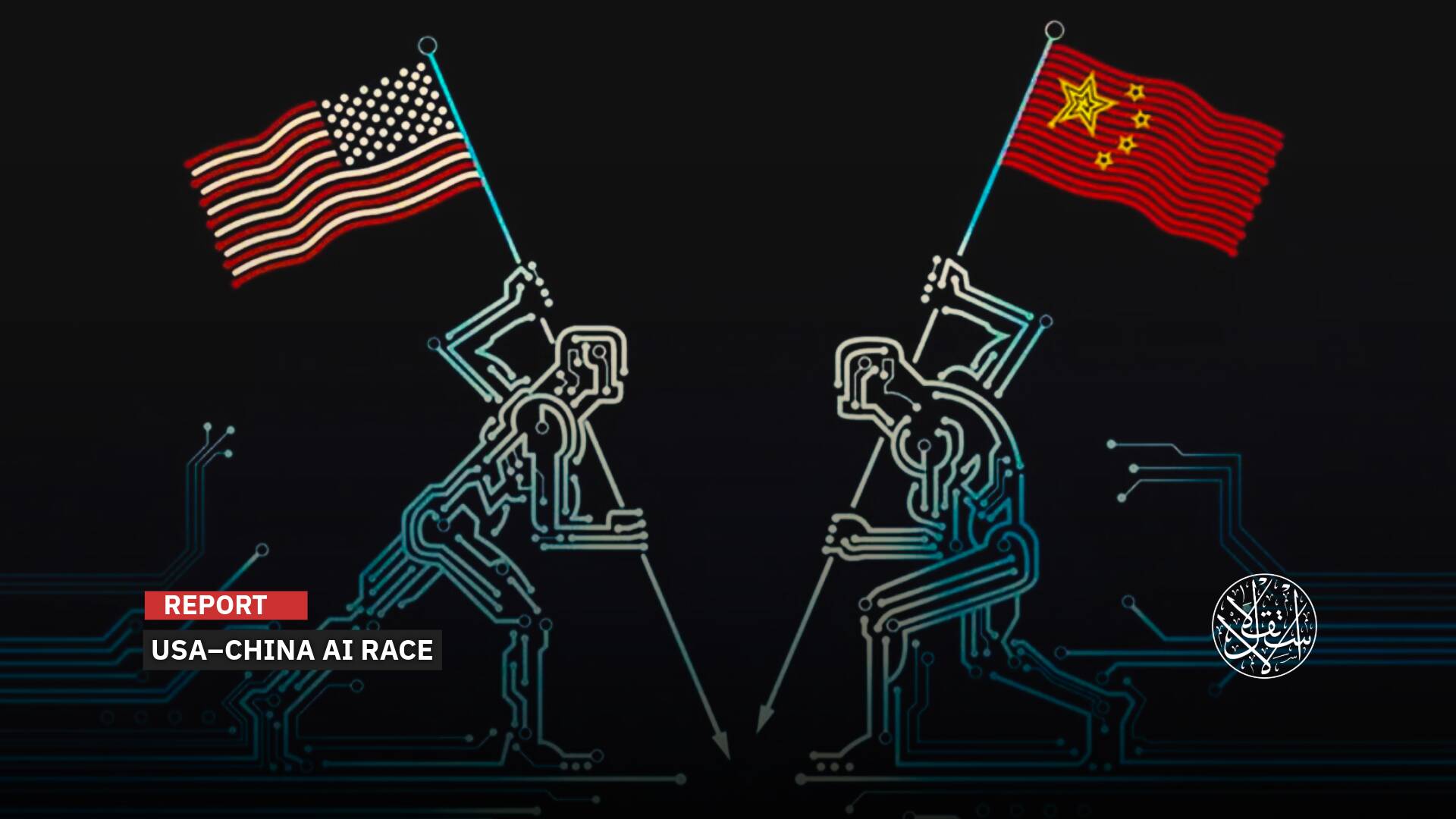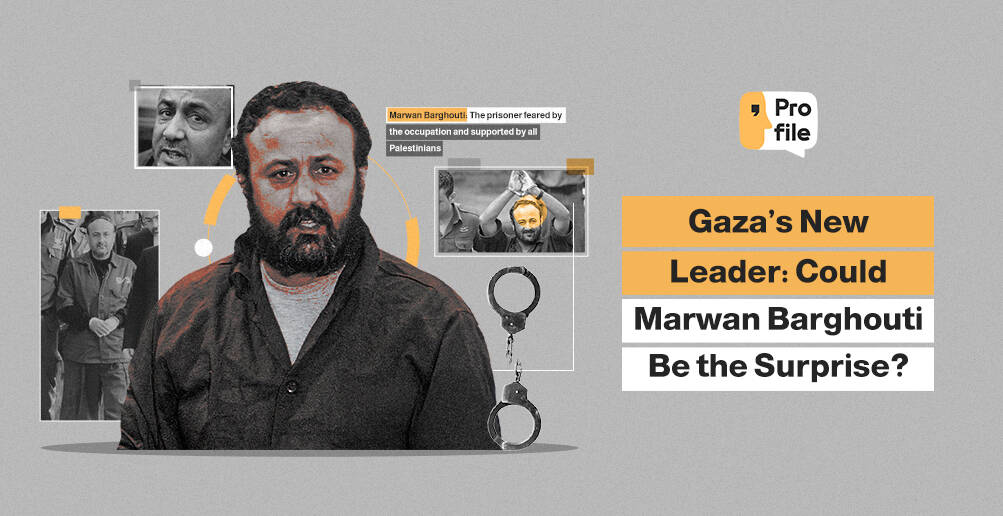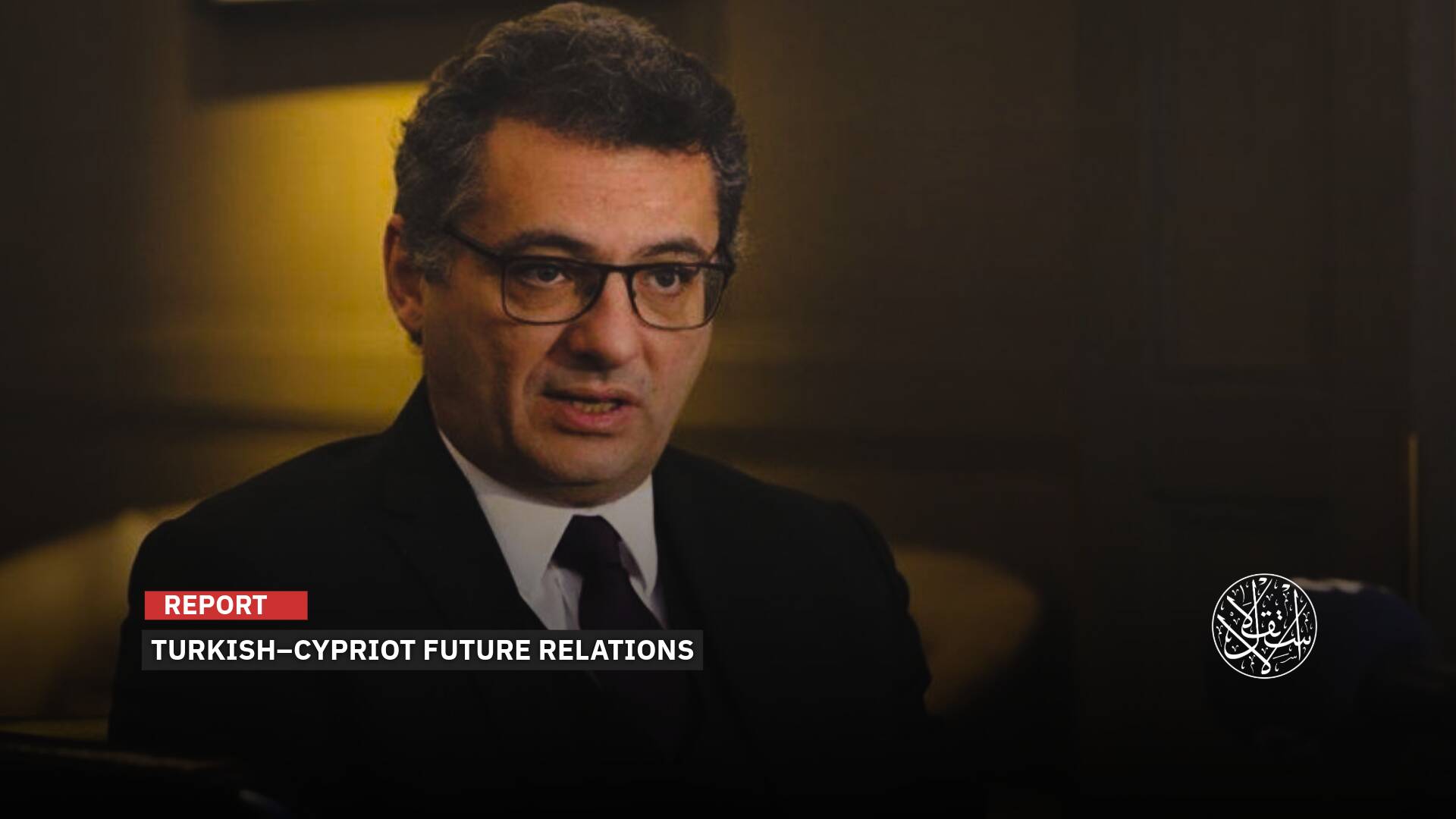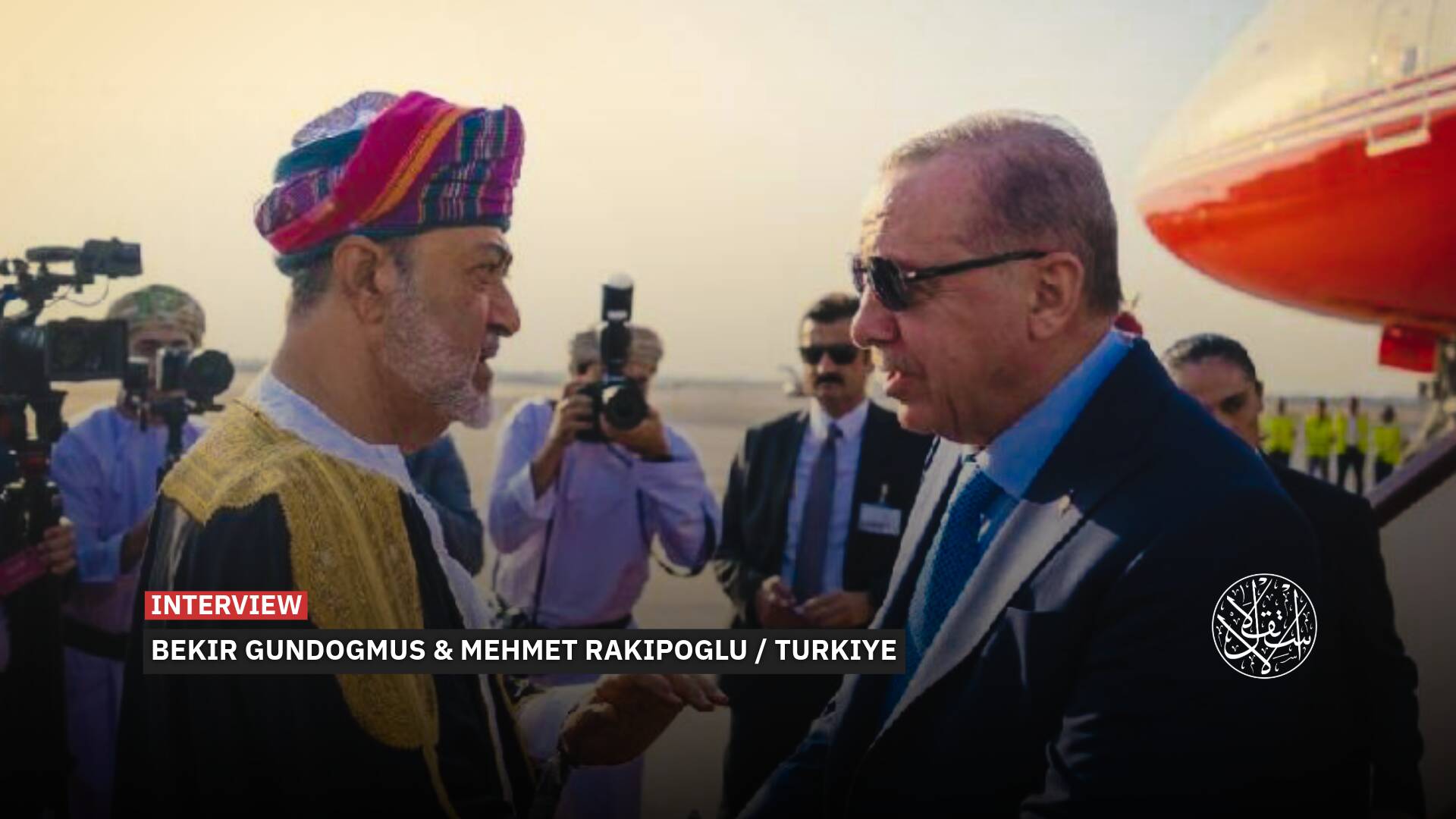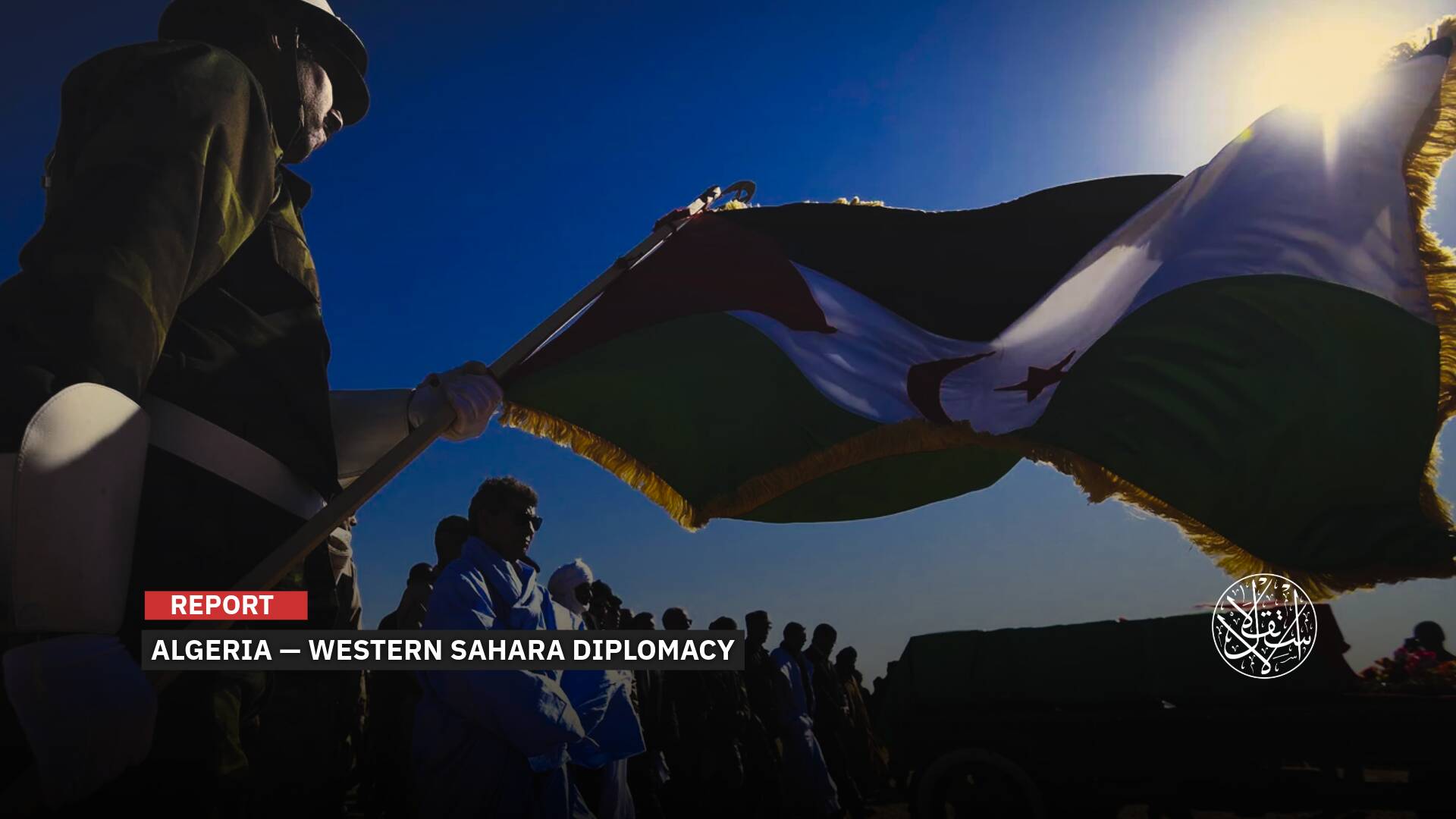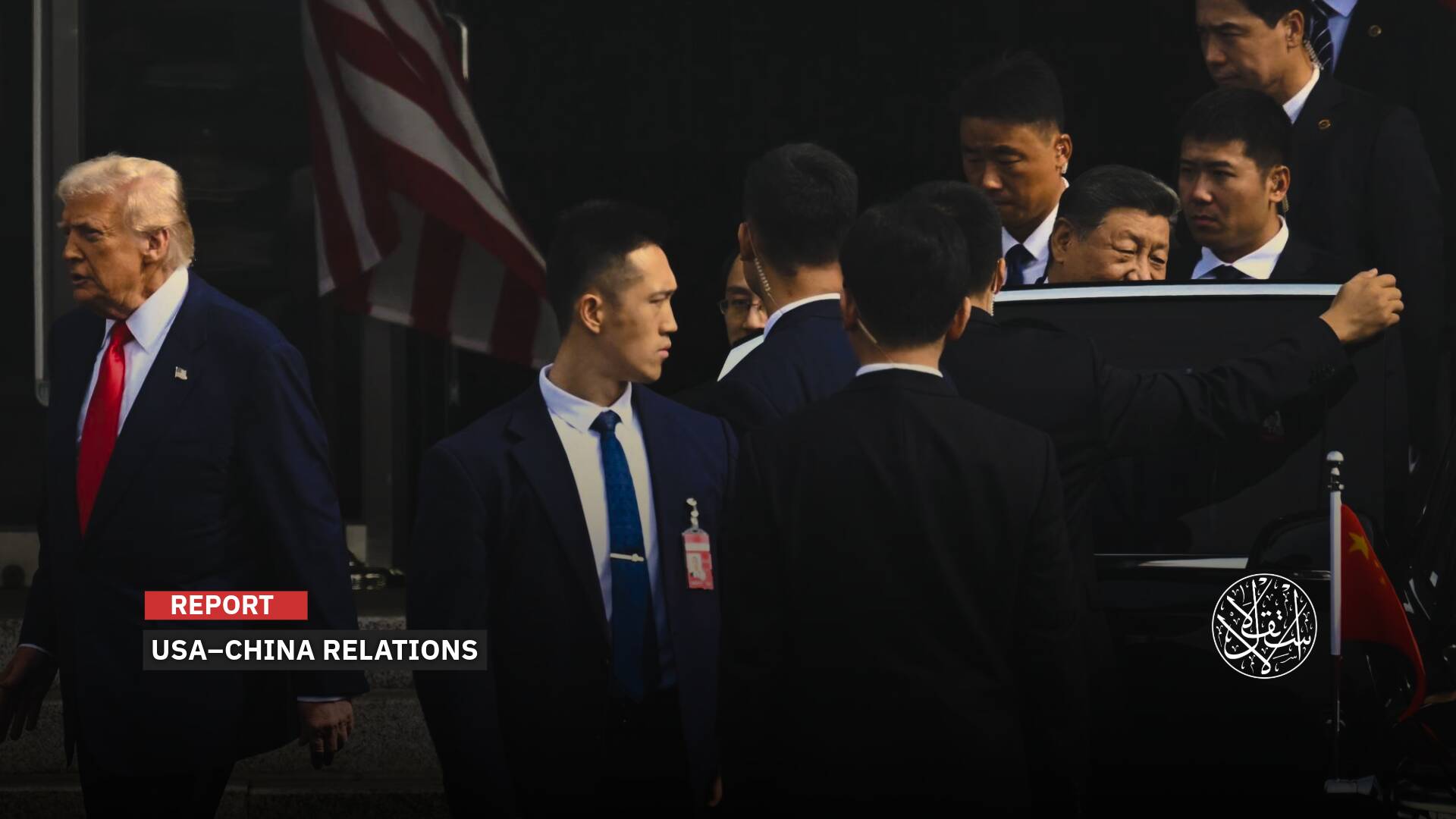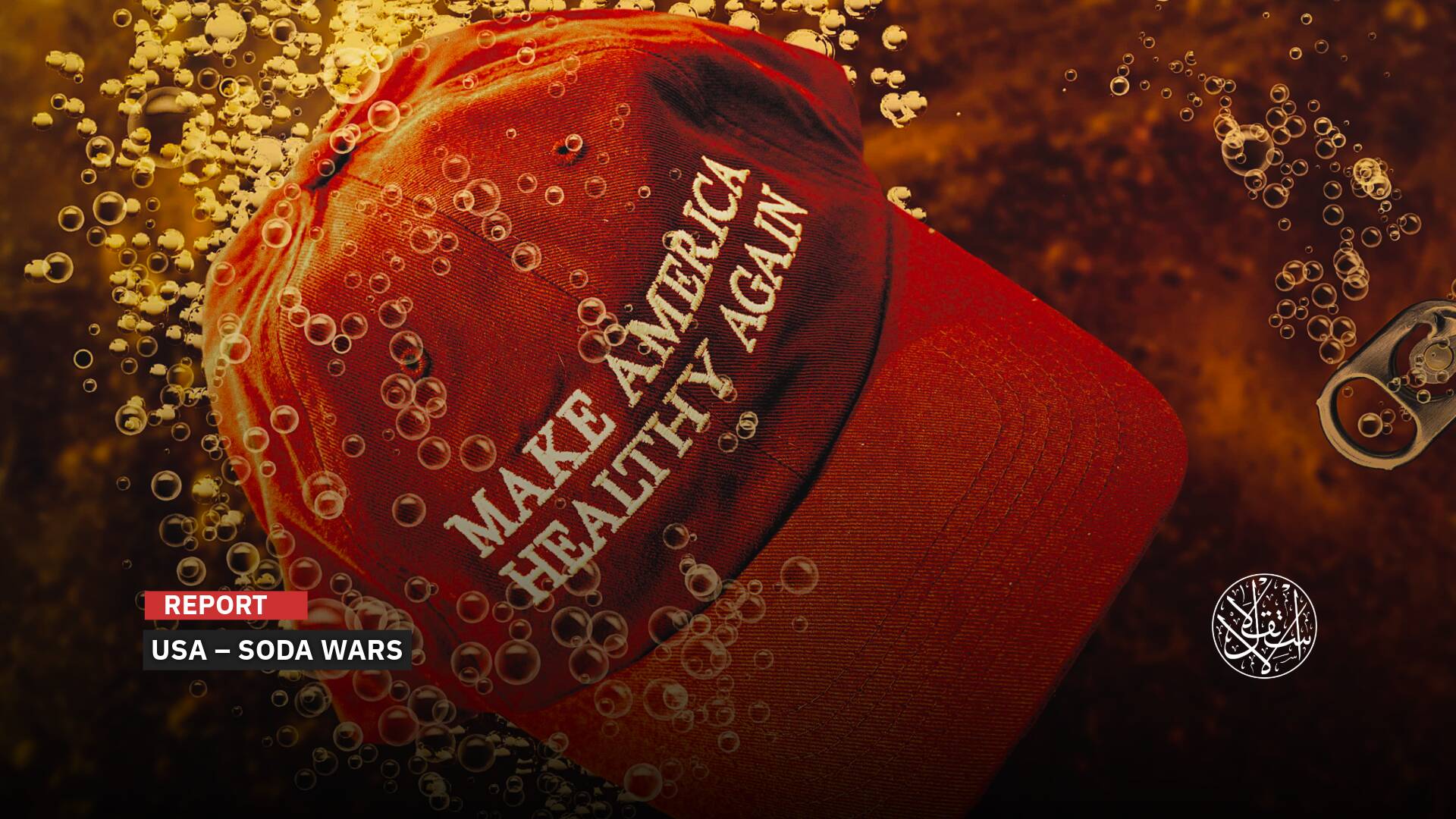How Is America Slackening with the Anti-aid Gangs at the Karem Abu Salem Crossing?

70 human rights organizations have called for an official declaration of famine in Gaza.
Humanitarian aid trucks that once entered the Gaza Strip through the Rafah border crossing from Egypt have recently encountered a troubling shift in their route.
In light of increasing threats and targeted attacks on these convoys, the trucks now make their way to the Kerem Shalom crossing, an entry point controlled by the Israeli Occupation.
However, what awaited these aid vehicles was not a smooth passage, but an unexpected blockade by Israeli settlers.
‘Tsav 9’
These settlers, associated with a movement known as "Order 9" or "Tsav 9" in Hebrew, have taken to obstructing the flow of aid. As the trucks arrive at the crossing, members of this group, sometimes hurling stones, prevent them from proceeding, forcing many to turn back.
This movement, which emerged nine months ago, began as a call on social media to prevent humanitarian aid from reaching Gaza, arguing that such supplies would end up in the hands of Hamas rather than benefiting ordinary citizens.
Over time, these online exhortations transformed into organized actions on the ground.
The founders of "Order 9" are Reut Ben Haim, an Israeli settler with extremist views, and her husband, Yosef Ben Haim, a reserve soldier in the Israeli army.
They named their movement as a nod to "Order 8," a military order for rapid recruitment in the Israeli occupation, signaling a next step in their mission.
Initially, the couple positioned themselves near the Kerem Shalom crossing, aiming to disrupt the passage of aid trucks through the West Bank.
They looted the contents of these convoys, destroyed what they could not steal, and set fire to what remained. Their efforts quickly gained traction, attracting around 1,500 followers within months.
The movement's membership has since swelled to several thousand, including women, children, and the elderly. These participants actively engage in blocking roads, obstructing aid deliveries, and using violence along routes from Jordan to Gaza.
According to reports from Israeli media, the movement has garnered significant support among Israeli settlers, with its ranks now exceeding 5,000 members, many of whom are reserve soldiers and officers with direct involvement in military operations in Gaza.
Armed with machine guns and banners declaring "No food for the enemy," they often bring their children along, distributing sweets to young participants, further underscoring the entrenchment of their cause.

Official Involvement
The involvement of the Israeli Occupation army and police in obstructing the flow of humanitarian aid to Gaza has raised serious concerns, as evidence mounts that these security forces may be complicit in the activities of far-right settler groups.
Order 9 reportedly benefited from the active support of collaborators within the Israeli police and military.
Not only have these authorities allegedly turned a blind eye to the attacks, but they have also provided protection to the perpetrators and supplied them with critical information regarding the routes and timing of aid convoys.
This troubling collaboration came to light as members of the settler movement successfully tracked aid trucks moving through areas under the complete control of Israeli forces, particularly in the Hebron Governorate's Tarqumiya crossing in the southern West Bank. This route is a crucial passage for relief aid coming from Jordan and other Palestinian territories.
Since the beginning of the year, Order 9 has managed to disrupt the passage of aid through key entry points, including the Kerem Shalom crossing in southeastern Gaza, the Nitzana border crossing near Rafah, and the Ashdod port.
It was at Ashdod that the Israeli army reported food trucks entering Gaza for the first time in April.
These disruptions, sometimes carried out by only a few dozen individuals, have had a significant impact.
In response, the Israeli Occupation suspended operations at its two main border crossings with Gaza. The situation escalated in May when footage emerged showing hundreds of settlers attacking aid trucks en route from Jordan to Gaza near Hebron.
The attackers damaged several vehicles and returned later to set fire to the remaining ones, all under the watchful eyes of the Israeli police and army.
The agenda of this movement extends beyond merely blocking aid trucks and engaging in violence to cut off Gaza's lifeline.
The group also pursues broader settler objectives, including efforts to shut down the offices of the United Nations Relief and Works Agency for Palestine Refugees (UNRWA) within the Israeli Occupation.
Inadequate Sanctions
The obstruction of aid is widely regarded as a crime against humanity, demanding accountability and sanctions from the international community.
For months, the group responsible for these blockades has harassed those attempting to deliver aid. Their actions, documented in photos and videos, have grown increasingly extreme.
However, the U.S. government only recently acted, imposing sanctions that freeze any assets within U.S. jurisdiction owned by the group and prohibiting Americans from engaging with it due to its role in choking off aid at the Gaza border.
The U.S. State Department has also emphasized the Israeli government's responsibility to protect these convoys destined for Gaza's starving civilians.
But this move is seen as inadequate and many questioned its effectiveness in deterring Order 9 from continuing its campaign, despite Washington's acknowledgment of the group's ties to Israeli reserve soldiers and settlers in the West Bank.
These sanctions follow a decision signed by President Joe Biden in February, which imposed financial penalties and visa restrictions on four settlers implicated in violence against Palestinians in the West Bank.
While these sanctions prohibit Americans from conducting financial transactions with the individuals named, they have done little to curb the escalating violence since the war on Gaza began, with hundreds of settler attacks on Palestinian homes being reported.
There is skepticism about how committed the United States is to ensuring the unimpeded flow of aid to Gaza.
More effective measures could include facilitating the entry of trucks stuck at the Rafah crossing between Egypt and Gaza, opening passages between the West Bank and Gaza, conducting airdrops, or utilizing sea routes.
Instead, the U.S. removed a floating dock last July, a $230 million investment that could have been used for such purposes.
Critics argue that these sanctions may be largely symbolic, intended to appeal to Arab sentiment ahead of the upcoming U.S. elections.
Even if such sanctions were imposed, it is doubtful they would have a significant impact, given the extremist ideology driving both the movement and its supporters.
As humanitarian aid remains obstructed, 70 human rights organizations have called for an official declaration of famine in Gaza.
Defenseless civilians face death by violence and starvation while the international community struggles to halt the ongoing crimes committed by Israeli Occupation and its settlers.
Sources
- US announces further sanctions targeting extremist settlers and West Bank outposts
- Extremist West Bank settlers, outposts hit with US sanctions
- Right-wing Israeli activists block roads to prevent aid from reaching Gaza
- Sanctioning Israeli Group for Disrupting and Destroying Humanitarian Aid to Civilians


